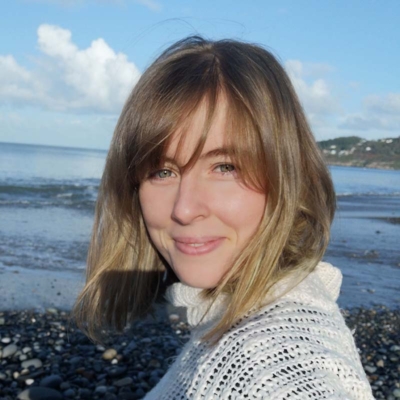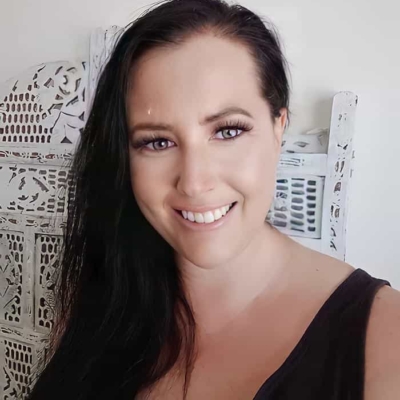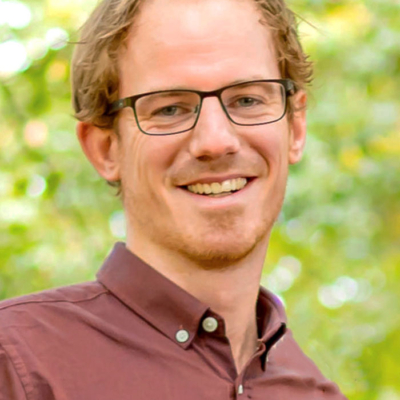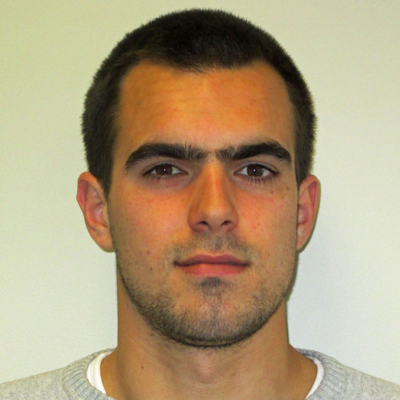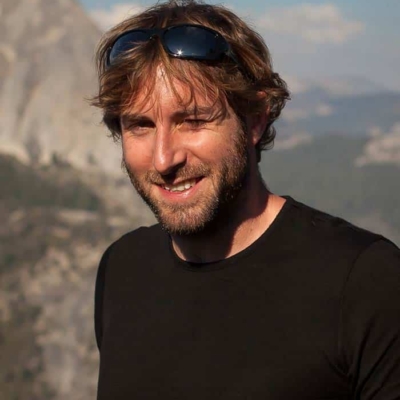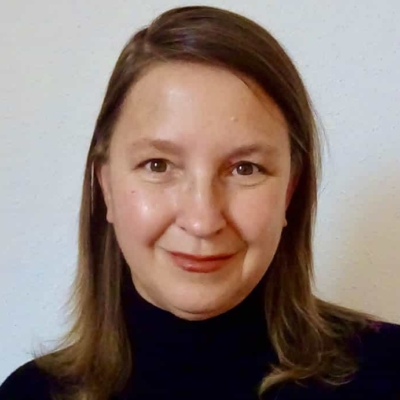PROJECT ALUMNI
Jenny Bortoluzzi
Jenny is a French-British marine biologist and conservationist who recently obtained her PhD at Trinity College Dublin in Ireland. Her interest in the marine realm started in the rockpool of coastal Brittany in France during her childhood and grew with her. She credits Rob Stewart’s Sharkwater for first bringing sharks and their plight to her attention and after completing an undergraduate degree at the University of Southampton in the UK, she undertook several internships that shaped her research interests moving forward. She returned to the University of Plymouth to carry out her Master of Research in Marine Biology where she worked with Professor David Sims and Dr James Lea to understand the spatio-temporal movements of reef sharks in the Seychelles. In 2018, she started her PhD at Trinity College with Dr Andrew Jackson and Dr Nicholas Payne and was able to bring her own ideas to the table resulting in her thesis largely focusing on the ecology of Irish blue and porbeagle sharks. Over the years, Jenny has been very passionate about science communication and engagement with communities. Among others, she has been an ambassador for Sharks4Kids since 2019; translated material for the Shark Trust; helped the Irish Basking Shark Group campaign for the protection of basking sharks in Ireland; and represented postgraduate students on the Irish Ecological Association’s committee. Jenny strongly believes that collaboration is the key to good science and conservation and has worked closely with recreational anglers, fishing communities, policy makers, and more.
Ciaran Hyde
Ciaran is a marine and elasmobranch ecologist whose primary interest is in furthering conservation of sharks and rays. Her PhD focused on management approaches to rays and stingrays to determine the effectiveness of current methods in protecting species, and how to approach future elasmobranch management to support increased research and conservation to this highly threatened group. Ciaran has previously worked with large sharks, determining urban impacts to species through stable isotope analysis, as well as migration and movement patterns through acoustic tagging of great white, tiger, and bull sharks along the Australian east coast. She has additionally worked as a consultant to the Secretariat of the Pacific Regional Environment Programme (SPREP) in Fiji, conducting baseline coral reef surveys and capacity building workshops to support regional communities in establishing locally managed marine areas (LMMAs), and in eco-tourism, spending many days out on the water watching whales and feeding wild dolphins as a Marine Eco-Ranger at Tangalooma Wild Dolphin Resort. Prior to her career in science, Ciaran attained qualifications in journalism and communications, which has translated into a passion for community engagement and science communication, in particular to increase the awareness of shark and ray declines beyond scientific communities. Ciaran lives on the Gold Coast, Australia, and spends her free time in the ocean, surfing and diving.
Guido Leurs
Guido’s fascination for sharks and rays started at a young age, which led him to study this species group for many years now. His research focuses mainly on the ecological role of sharks and rays within marine ecosystems, their interactions with other species utilizing these ecosystems (including migratory birds), and how anthropogenic influences can affect these ecological interactions. Additionally, he is interested in how coastal communities interact with this important species group, and how the ecology of these species can be included in their conservation and that of their ecological habitats. He has worked on sharks and rays in the Bahamas, the Dutch Caribbean, South Africa, Guinea-Bissau and Mauritania. He is currently working on his PhD with the University of Groningen and the Royal Netherlands Institute for Sea Research with a focus on sharks and rays in the two largest intertidal areas of West Africa: the Banc d’Arguin in Mauritania and the Bijagós Archipelago in Guinea-Bissau. Here he works with local partner organizations and researchers on elucidating the historical trends of sharks and rays, how coastal fisheries impact these species, what their ecological role is, and how information on their functional role might inform more effective conservation of sharks and rays in the wider region.
Dr Theophile Mouton
Theo is a biodiversity researcher with a PhD in macroecology from the University of Lyon, France. He has lived more than 14 years overseas (including in the Canary Islands, Oman, and New Zealand) which has given him the opportunity to discover a wide variety of ecosystems and landscapes across the world. Since his youngest age, Theo developed a passion for aquatic life with personal preferences for megafauna species. Given deep concerns about ongoing widespread biodiversity loss, he decided to become a conservationist and to study ecology. Following his master’s in aquatic ecosystems’ dynamics with a French university, Theo was offered a position as research assistant with the National Institute for Water and Atmospheric research (NIWA), in New Zealand. At NIWA, Theo worked on a variety of topics in the field of freshwater ecology, marine ecology, community ecology, and spatial conservation planning. This experience naturally led Theo to develop PhD research on the effects of climate and land-use change on New Zealand’s freshwater biodiversity. He also worked on the spatial distribution of cetacean and elasmobranch biodiversity in New Zealand and globally, overlaps with marine protected areas, and fishing pressure.
Dr Mark Priest
Mark has over 15 years of experience in coral reef science. His primary interests include fish ecology, fisheries, and conservation, and are driven by his passion for the marine environment. A strong feature of Mark’s work has been the diversity of assignments he has contributed to, both in subject, geography, and collaborators. This has given him a solid grounding in a wide range of scientific concepts and a keen eye for natural history phenomena, which allows him to quickly interpret and adapt to new and novel subject matter. After completing an undergraduate degree in Biology in the UK, Mark worked on marine science and conservation projects in Madagascar and Oman before embarking on a master’s degree in Guam, where he developed a keen interest in fish ecology. Subsequent work in Saudi Arabia, provided the opportunity to assist a diverse array of research projects around the world whilst developing useful fieldwork and analytical skills. Mark completed his PhD at the University of Queensland, Australia, investigating the ecological function of fish spawning aggregations, and returned to the Middle East where he focussed on delivering solutions on environmental issues to a variety of industries. Having recently returned to Australia with his young family, Mark is excited to work on the ISRA project and help contribute to science-led conservation of global chondrichthyan populations and diversity.


